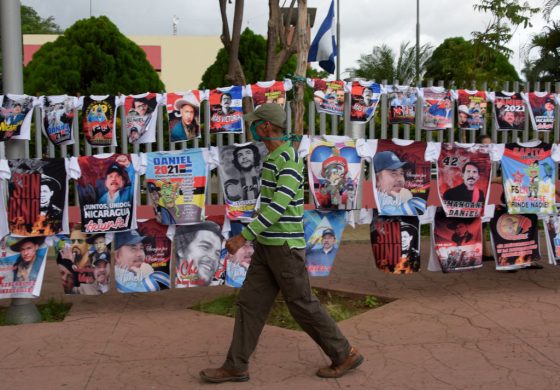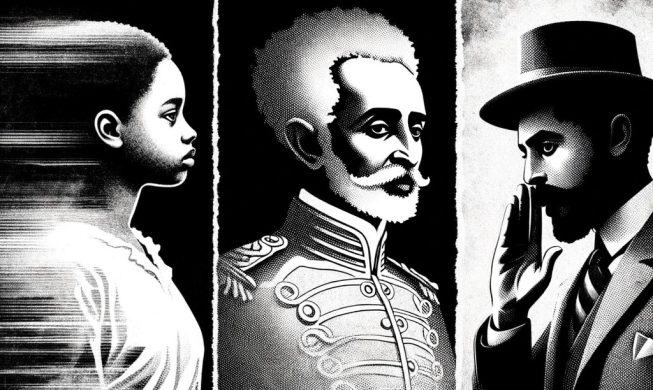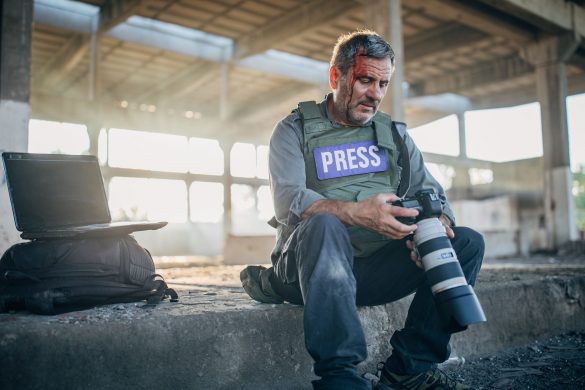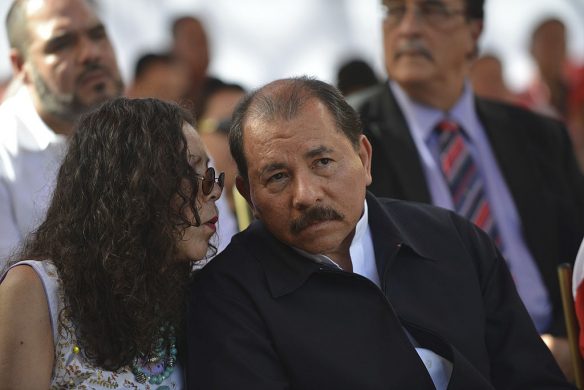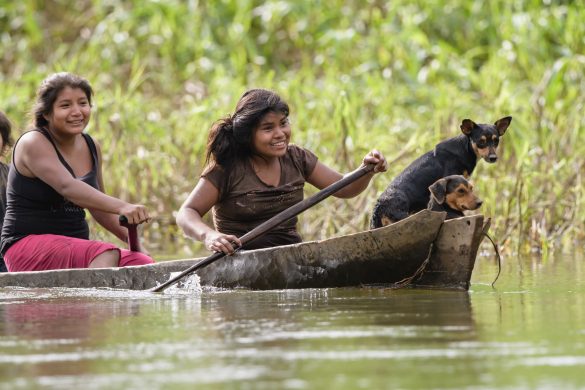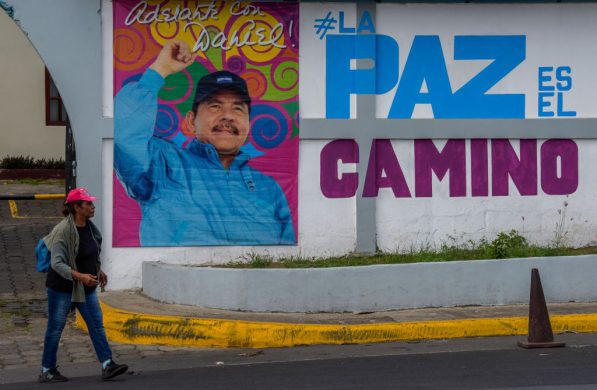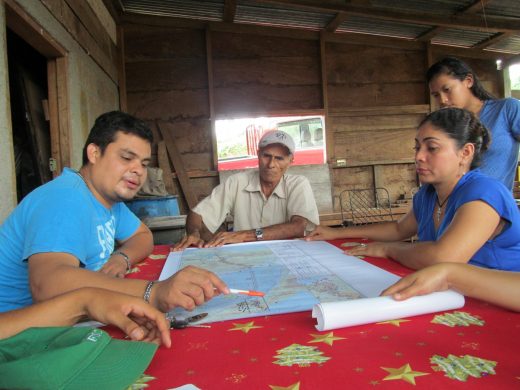LONDON, 3 August, 2017 (Amnesty International): The Nicaraguan government must stop placing business before the future of the country and its people, Amnesty International said in a new report today looking at a secretive deal that will lead to the construction of a canal and other side projects that will affect the livelihoods of tens of thousands of people and might leave many homeless.
Danger: Rights for sale. The Interoceanic Grand Canal project in Nicaragua and the erosion of human rights reveals how the obscure legal framework that led to the concession of the project, without genuine consultation with all affected communities, violates a catalogue of national and international standards on human rights and might lead to the forced eviction of hundreds of families. It also accuses authorities of harassing and persecuting anyone who dares to voice an opinion against the deal.
“Authorities in Nicaragua have secretly sold the country’s future to the highest bidder and put thousands of people at risk of losing everything,” said Erika Guevara-Rosas, Americas Director at Amnesty International.
“The only way to undo this appalling error is to repeal the law that backs this project before it causes more and permanent damage and go back to the drawing board, ensuring all people who might be affected have a say about their future. Anything else will continue to side line entire communities and ignore their human rights.”
Grønt lys for kanalen
On 13 June 2013, the Nicaraguan congress passed a law that gave a green light to the development of a canal that will link the Atlantic and Pacific oceans and a number of related sub-projects (including an airport, two ports, a pipeline, a railroad track, and two free trade areas). The law also leaves the door open to future development projects without ensuring proper consultation with affected communities.
The Great Interoceanic Canal could potentially be one of the largest engineering projects on earth. The project was awarded to HK-Nicaragua Canal Development Investment Co. Limited, based in Hong Kong. It’s planned to measure approximately 275 kilometres and divide Nicaragua in two. It will cross a large portion of the Great Lake of Nicaragua, the largest source of drinkable water in Central America.
Local civil society organizations put the number of affected people at nearly 120,000. Nicaragua has a population of almost six million.
Ingen høringer og information
Communities living in the affected areas have told Amnesty International that the government has failed to genuinely consult or even properly inform them about the project or provide any viable alternatives.
The Canal and related projects will put communities’ homes, livelihood, access to food, social networks and their very survival at risk.
Authorities have also refused to share information about the project and the process that led to its approval with Amnesty International.
A number of people told Amnesty International that they only learned about the project when mainly foreign people visited the area with police and military personnel to measure their lands – without a prior agreement with them. They also complained about the lack of information about options for relocation or compensation.
A member of one of the affected communities (who only agreed to speak anonymously out of fear of reprisals) told Amnesty International he was at a loss and did not know how he will survive:
“Most of the people who live here live from the land, sowing the land, raising animals, we don’t know how to do anything other than work the land. That’s why we prefer to die here. If we go to the city, what are we going to do?”
“The fact that the authorities passed this game changer piece of legislation under the table is shocking and utterly unacceptable. The Ortega administration is meant to be protecting its people from powerful economic interests, not the other way around,” said Erika Guevara-Rosas.
Punishing dissent
Amnesty International’s report also reveals the ongoing campaign by the Nicaraguan authorities against anyone daring to protest against the project.
At least 90 protests have taken place across the country in the past years.
Human rights activists working to highlight the possible negative impact of the Canal have also told Amnesty International they have been targets of harassment and threats.
A member of one of the communities that will be affected by the project told Amnesty International that when she leaves home to take part in one of the protests “I tell my children good bye because I don´t know if I’m going to make it back.”
“The authorities’ refusal to talk to those who will be most affected by the construction of the Canal is absolutely illegal and cruel. It is still not too late to stop this inhuman project and step on the right side of the law.”





